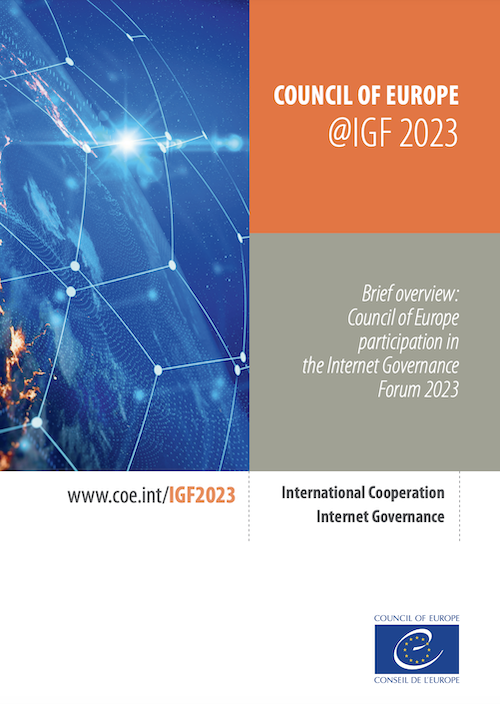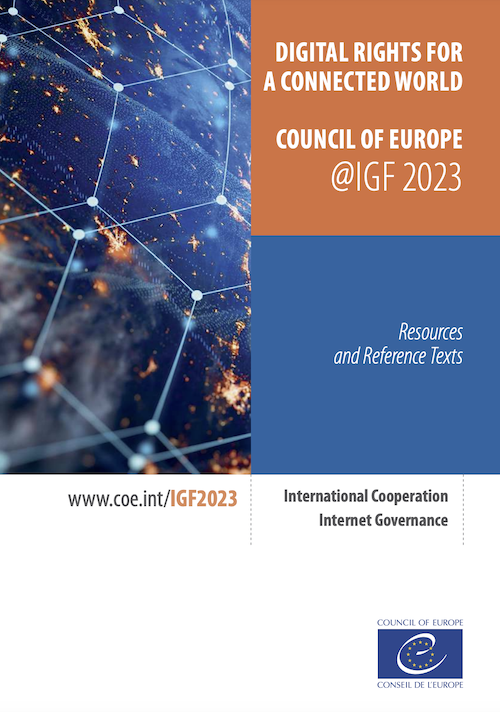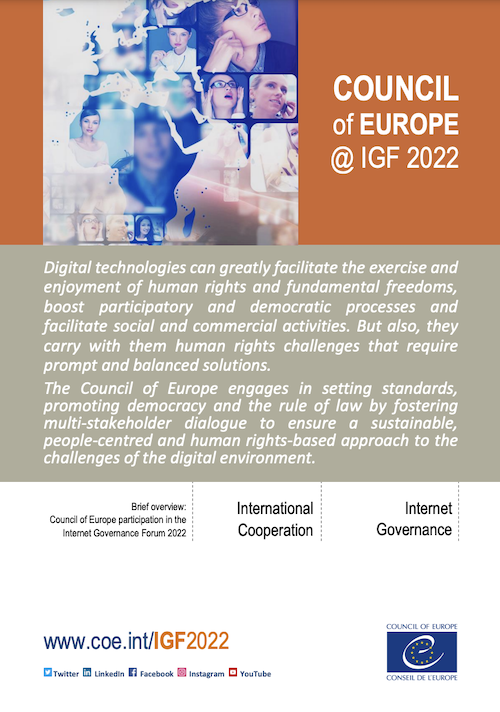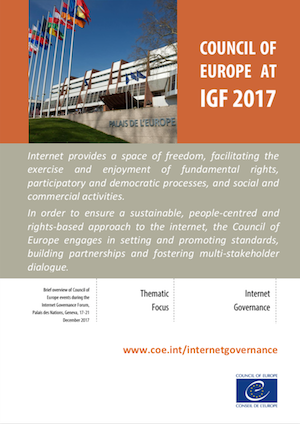Organised by ARTICLE 19, the Council of Europe, and the Cross Community Working Party on ICANNs Corporate and Social Responsibility to Respect Human Rights
Further information including the agenda and slide presentations can be found here.
The Council of Europe report on Applications to ICANN for Community-based new Generic Top-Level Domains (gTLDs) – Opportunities and challenges from a human rights perspective was presented. Its authors, Eve Solomon and Kinanya Pijl, raised concerns regarding the policies and procedures for community objections (i.e. inconsistency in who has standing to object, opaque decision making) and community priority evaluations (i.e. uncertainty in appealing the decisions of the Economic Intelligence Unit).
Chris Disspain, ICANN Board member considered it to be a valuable source of information and reference for ICANN as it moves forward, especially for the work of the GNSO on new gTLD Subsequent Procedures.
Mark Carvell, Vice-Chair elect to the GAC, emphasized the importance of generic top-level domains as a means for communities to exercise their freedom of expression and to assemble and associate. The perspective of human rights helps to restore the vision and purpose of communities in the ICANN process. Mark Carvell continued by stating that the Council of Europe report should be considered in the development of the next round of gTLDs.
Concerns were expressed about the treatment of community applications in the ICANN process. Cherine Chalaby, ICANN Board member, underlined the need for an adequate rationale in dealing with all community applicants. Avri Doria, Co-chair to the GNSO working group on subsequent gTLD procedures, considered the pre-screening of community applicants.
ICANN’s accountability to communities, which are part of the multi-stakeholder Internet community, necessitates dialogue between ICANN staff and applicants. The desire to provide feedback was underlined by the representative of the “.music” applicant, Constantine Roussos.
In summary, it was generally agreed that ICANN’s policies and procedures should be as clear, fair, reasonable and transparent as possible in order to reduce inconsistency, increase predictability, ensure due process, eliminate discrimination and deter potential gaming. Patrick Penninckx, Council of Europe, welcomed the discussions and underlined that his Organisation stands ready to continue the dialogue in ICANN58.












